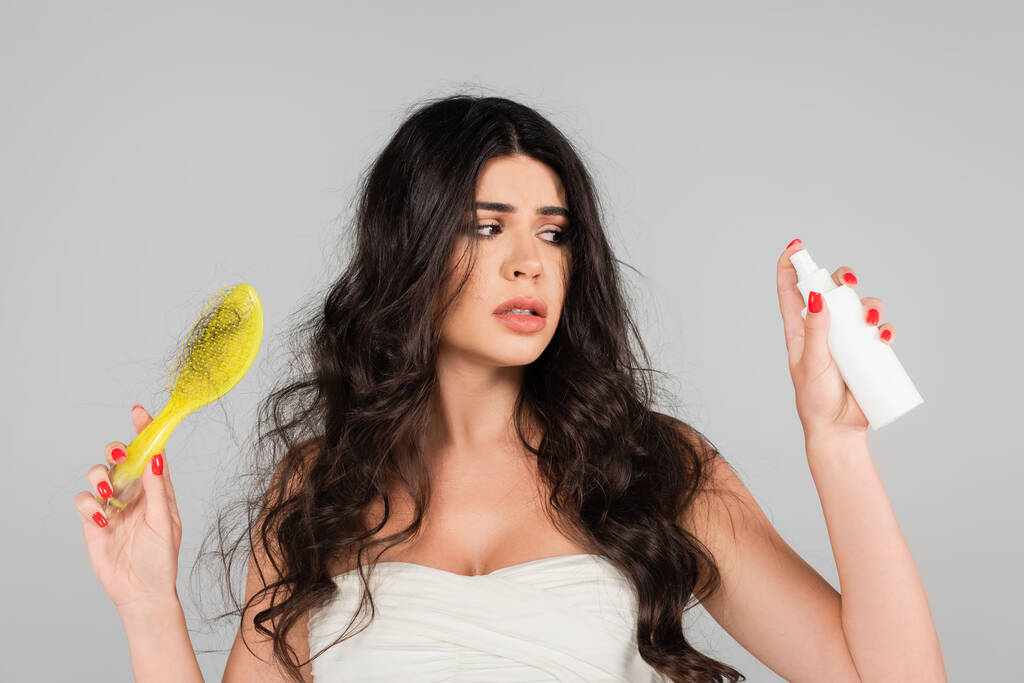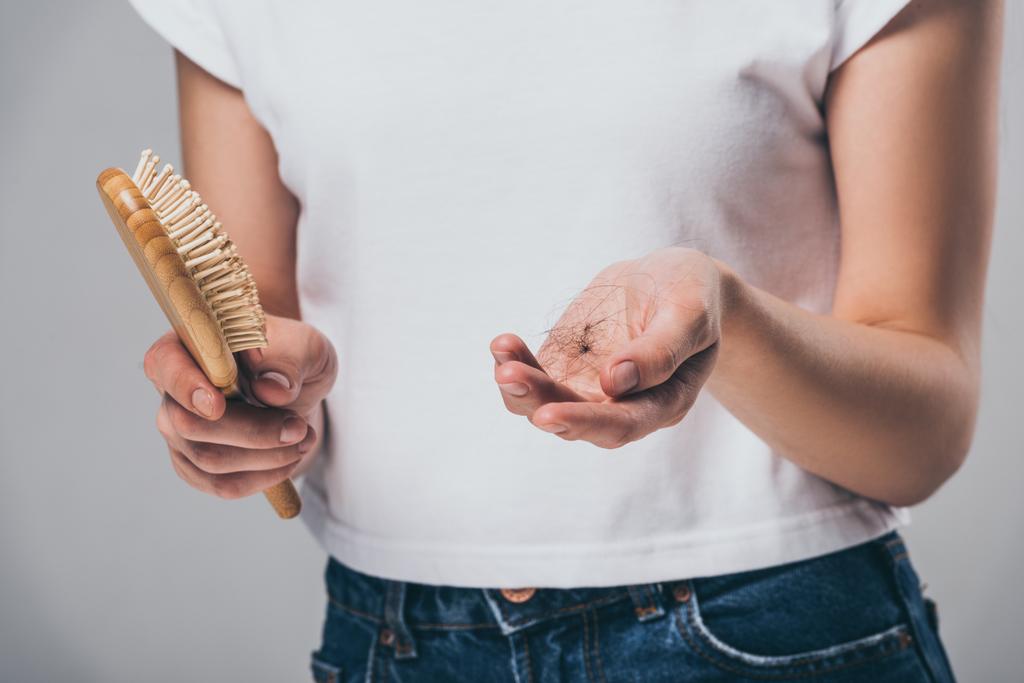How to Manage Stress-Related Hair Loss
Stress is an inescapable part of life. From daily pressures at work or school to significant life events such as moving, changing jobs, or facing health issues, everyone experiences stress in various forms. While stress has numerous effects on the body and mind, one lesser-known yet common consequence is hair loss. Often termed as telogen effluvium, stress-induced hair shedding can be alarming and frustrating. Fortunately, managing and reversing this condition is possible with the right strategies.
Understanding Stress-Related Hair Loss
Before diving into solutions, it’s essential to understand the nature of stress-induced hair loss. Our hair goes through various stages, including a growth phase (anagen), resting phase (telogen), and shedding phase. Due to significant stress, a larger number of hairs than usual can shift into the telogen or resting phase, resulting in increased shedding after a few months.
While it’s temporary and often resolves on its own, the sight of more hairs on your brush or in the shower can be distressing. Recognizing the connection between stress and hair loss is the first step towards managing it.
1. Identify and Address the Stress Source
To manage stress-related hair loss, you first need to pinpoint the root cause of your stress. Consider:
- Professional Stressors: Are work pressures or long hours contributing to your stress?
- Personal Life: Are there challenges in your relationships, health, or finances?
- External Factors: Are global events, news, or local incidents causing anxiety?
Once identified, try to tackle the stressor head-on, whether it’s seeking counseling, taking a break, or changing certain habits.
2. Incorporate Relaxation Techniques
Incorporating relaxation techniques into your daily routine can mitigate the effects of stress. Some effective methods include:
- Meditation: Regular meditation can calm the mind and reduce anxiety.
- Deep Breathing: Taking deep, controlled breaths can help in lowering stress levels instantly.
- Yoga: Beyond physical benefits, yoga has profound effects on mental health, promoting relaxation and clarity.
3. Eat a Balanced Diet
Nutrition plays a crucial role in hair health. Ensure your diet is rich in:
- Proteins: Hair is primarily composed of protein, so incorporate sources like eggs, lean meats, and legumes.
- Vitamins and Minerals: Essential vitamins such as B, D, E, and minerals like iron and zinc support hair health. Ensure you’re consuming foods like spinach, nuts, dairy, and poultry.
4. Engage in Physical Activity
Physical activity, whether it’s a brisk walk, aerobics, or strength training, releases endorphins – the body’s natural stress relievers. Make it a point to get moving for at least 30 minutes daily.
5. Consult a Dermatologist
If you’re concerned about the extent of hair loss, it’s wise to seek a dermatologist’s advice. They can provide guidance tailored to your situation. This is also the right time to discuss treatments or products, such as a hair loss shampoo. While over-the-counter solutions can be helpful, a tailored recommendation is more effective.
6. Limit Use of Hair Styling Tools
While it’s tempting to mask thinning hair with various hairstyles, frequent use of heat tools or tight hairstyles can exacerbate hair loss. Opt for natural drying and loose hairstyles to reduce stress on the hair and scalp.
7. Join a Support Group
Sometimes, sharing your experience with others undergoing similar challenges can be therapeutic. Consider joining a support group where you can share, learn, and get support from peers.
8. Get Adequate Sleep
Sleep is the body’s natural way of rejuvenating. Not getting enough sleep can elevate stress hormones, indirectly affecting hair health. Aim for 7-9 hours of uninterrupted sleep nightly.
9. Stay Hydrated
Water is essential for optimal skin and scalp health. Ensure you’re drinking at least eight glasses daily to maintain hydration.
10. Reassess Priorities
Lastly, it’s worth reassessing what’s essential in life. Sometimes, letting go of unnecessary obligations or re-evaluating goals can drastically reduce stress.

Stress-related hair loss, though unsettling, is reversible. With proactive steps towards stress management and adequate self-care, you can ensure the health of both your mind and hair. Remember, it’s not just about addressing the hair loss but the underlying stress, ensuring holistic well-being.

